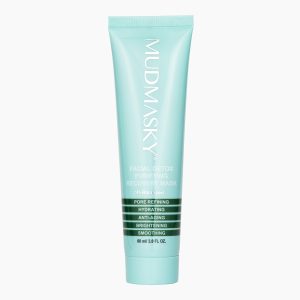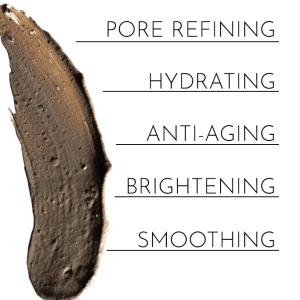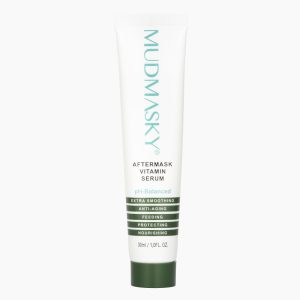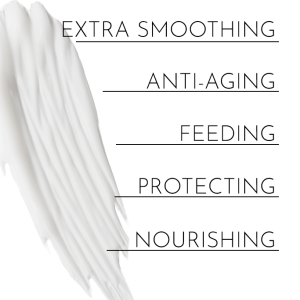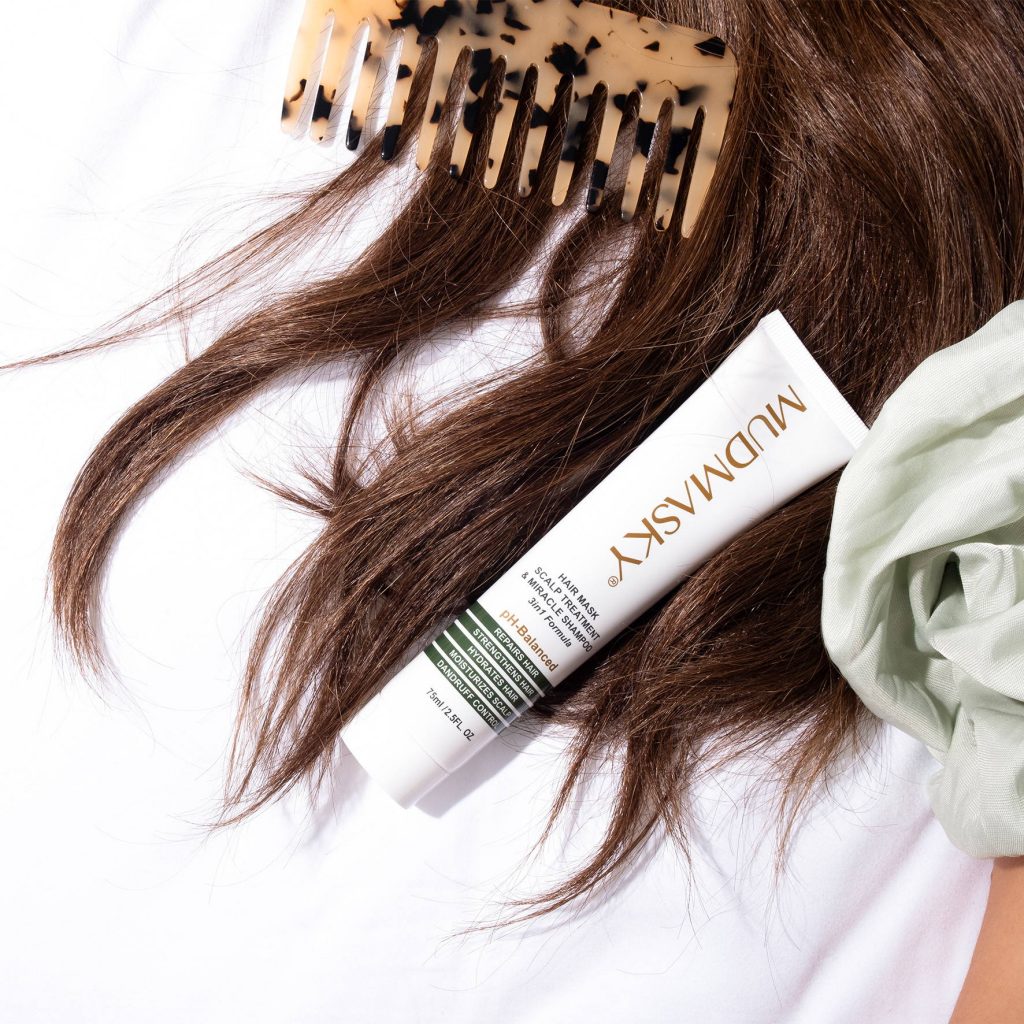Understanding Scalp Hydration
The scalp is a complex environment that requires a delicate balance of hydration and sebum regulation. Overproduction of oil can lead to a greasy scalp, while insufficient moisture can result in dryness, irritation, and dandruff. Scientific research indicates that maintaining scalp hydration is essential for overall hair health and preventing conditions like seborrheic dermatitis and excessive hair shedding (Source 1).
Key Ingredients for Scalp Hydration
Studies have identified several effective compounds for scalp hydration that do not contribute to excess oil:
1. Hyaluronic Acid
Hyaluronic acid is a naturally occurring molecule that attracts water and helps maintain moisture in the skin. Research has shown that it effectively hydrates the scalp without increasing oil production (Source 2).
2. Lactic Acid
Lactic acid is an alpha hydroxy acid (AHA) that gently exfoliates dead skin cells while drawing in moisture. This promotes scalp hydration and reduces dandruff without weighing down the hair (Source 3).
3. Honey (Mel)
Honey has antibacterial and antifungal properties that help regulate the scalp’s microbiome. It supports hydration while controlling the overgrowth of Malassezia, a fungus associated with dandruff (Source 4).
The Role of pH Balance in Scalp Health
A well-balanced scalp pH (between 4.5 and 5.5) is crucial for maintaining hydration and preventing irritation. An imbalance can lead to increased oiliness or excessive dryness. Maintaining a proper pH supports healthy hair growth and reduces inflammation-related hair loss (Source 5).
How to Hydrate Your Scalp Without Making It Oily
Scientific evidence suggests the following strategies:
1. Use Lightweight Hydrating Products
Choose formulations with humectants like glycerin and sodium hyaluronate that pull moisture into the scalp without creating excess oil buildup.
2. Exfoliate the Scalp Regularly
Chemical exfoliants containing lactic acid can help remove dead skin cells and excess oil while maintaining hydration.
3. Maintain a Balanced Washing Routine
Frequent washing can strip the scalp of essential moisture, while infrequent washing can lead to buildup. Using a sulfate-free shampoo 2-3 times per week is recommended for optimal hydration.
4. Apply Targeted Scalp Treatments
One such treatment is MUDMASKY Vitamin-Infused Scalp Serum, a non-oily scalp serum, which is scientifically formulated with botanical extracts, vitamins B, D, and E, and anti-fungal agents to restore the scalp’s hydration balance, reduce hair loss, and soothe irritation. It’s also available on Amazon with a discount, click here!
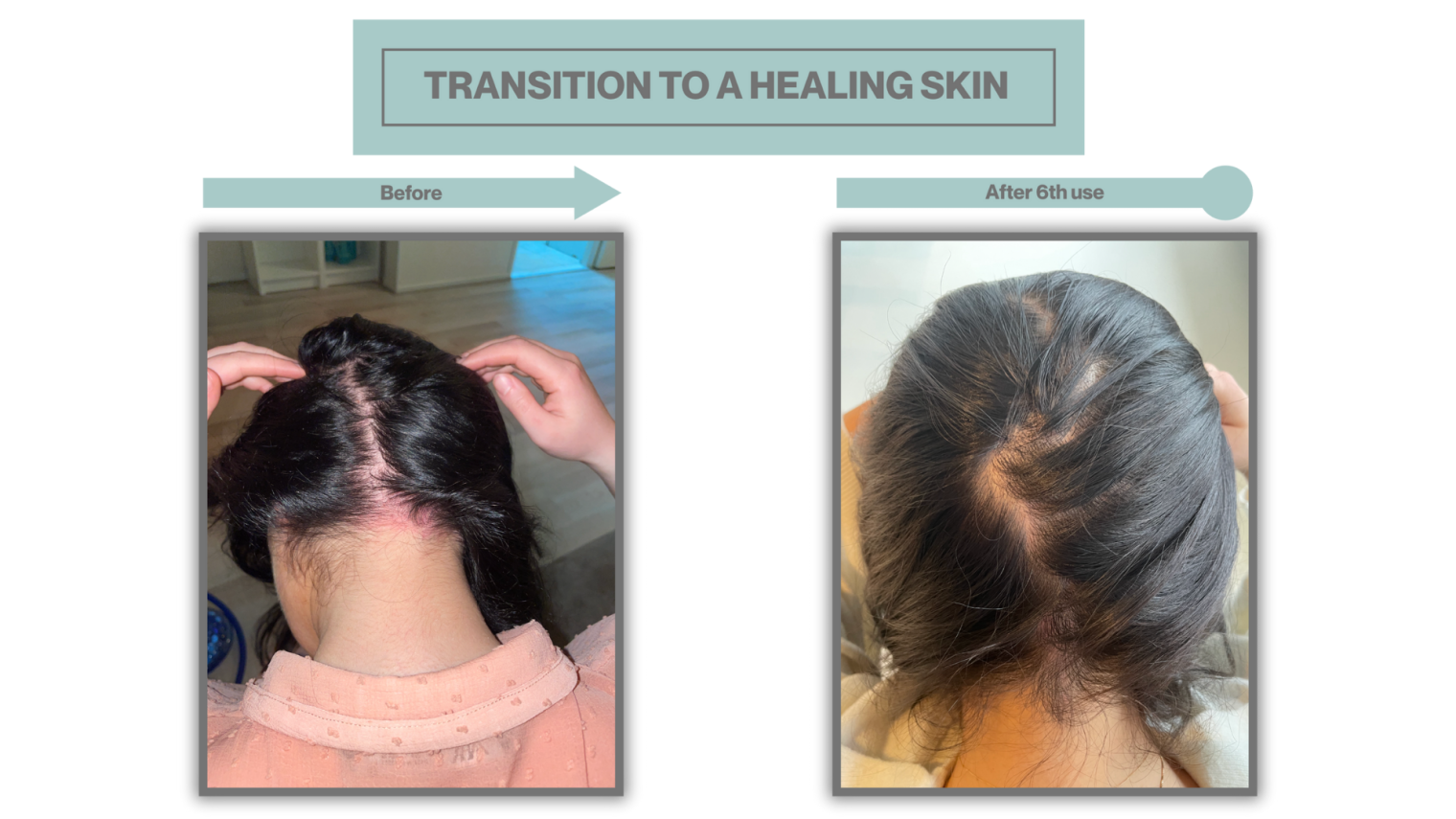
The Link Between Hydration and Hair Growth
Research has demonstrated that a hydrated scalp is more conducive to healthy hair growth. Proper moisture levels improve follicle function, increase hair elasticity, and prevent breakage (Source 6).
Conclusion
Balancing scalp hydration without inducing excess oiliness requires a targeted approach using scientifically backed ingredients and methods. By maintaining proper pH, using lightweight humectants, and exfoliating regularly, you can ensure optimal scalp health and hair vitality.
